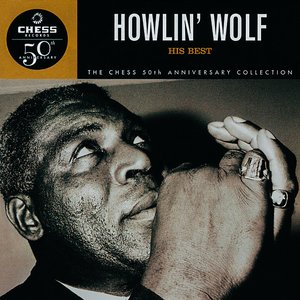Join others and track this song
Scrobble, find and rediscover music with a Last.fm account



Scrobble, find and rediscover music with a Last.fm account

| Day | Listeners |
|---|---|
| 272 | |
| 247 | |
| 301 | |
| 277 | |
| 306 | |
| 336 | |
| 290 | |
| 276 | |
| 282 | |
| 275 | |
| 284 | |
| 329 | |
| 284 | |
| 340 | |
| 298 | |
| 269 | |
| 291 | |
| 291 | |
| 269 | |
| 265 | |
| 305 | |
| 277 | |
| 264 | |
| 242 | |
| 245 | |
| 279 | |
| 246 | |
| 287 | |
| 285 | |
| 269 | |
| 255 | |
| 286 | |
| 288 | |
| 270 | |
| 294 | |
| 254 | |
| 276 | |
| 309 | |
| 282 | |
| 257 | |
| 287 | |
| 264 | |
| 296 | |
| 291 | |
| 305 | |
| 280 | |
| 253 | |
| 230 | |
| 303 | |
| 301 | |
| 265 | |
| 273 | |
| 272 | |
| 281 | |
| 286 | |
| 314 | |
| 312 | |
| 341 | |
| 380 | |
| 361 | |
| 350 | |
| 410 | |
| 423 | |
| 375 | |
| 394 | |
| 403 | |
| 392 | |
| 437 | |
| 473 | |
| 412 | |
| 393 | |
| 344 | |
| 396 | |
| 360 | |
| 346 | |
| 365 | |
| 412 | |
| 357 | |
| 315 | |
| 356 | |
| 355 | |
| 365 | |
| 358 | |
| 395 | |
| 422 | |
| 376 | |
| 383 | |
| 373 | |
| 371 | |
| 376 | |
| 359 | |
| 385 | |
| 336 | |
| 341 | |
| 335 | |
| 351 | |
| 350 | |
| 338 | |
| 332 | |
| 304 | |
| 368 | |
| 357 | |
| 354 | |
| 324 | |
| 323 | |
| 352 | |
| 358 | |
| 360 | |
| 334 | |
| 302 | |
| 380 | |
| 334 | |
| 319 | |
| 336 | |
| 335 | |
| 379 | |
| 379 | |
| 334 | |
| 349 | |
| 296 | |
| 331 | |
| 309 | |
| 289 | |
| 328 | |
| 331 | |
| 369 | |
| 344 | |
| 257 | |
| 304 | |
| 317 | |
| 328 | |
| 326 | |
| 318 | |
| 359 | |
| 297 | |
| 366 | |
| 357 | |
| 325 | |
| 314 | |
| 358 | |
| 323 | |
| 317 | |
| 327 | |
| 367 | |
| 295 | |
| 335 | |
| 350 | |
| 331 | |
| 287 | |
| 320 | |
| 336 | |
| 314 | |
| 347 | |
| 308 | |
| 279 | |
| 289 | |
| 299 | |
| 311 | |
| 334 | |
| 323 | |
| 302 | |
| 311 | |
| 308 | |
| 301 | |
| 322 | |
| 304 | |
| 283 | |
| 290 | |
| 309 | |
| 328 | |
| 312 | |
| 347 | |
| 323 | |
| 301 | |
| 291 | |
| 321 | |
| 272 | |
| 290 | |
| 316 | |
| 256 | |
| 299 |
821,269 listeners